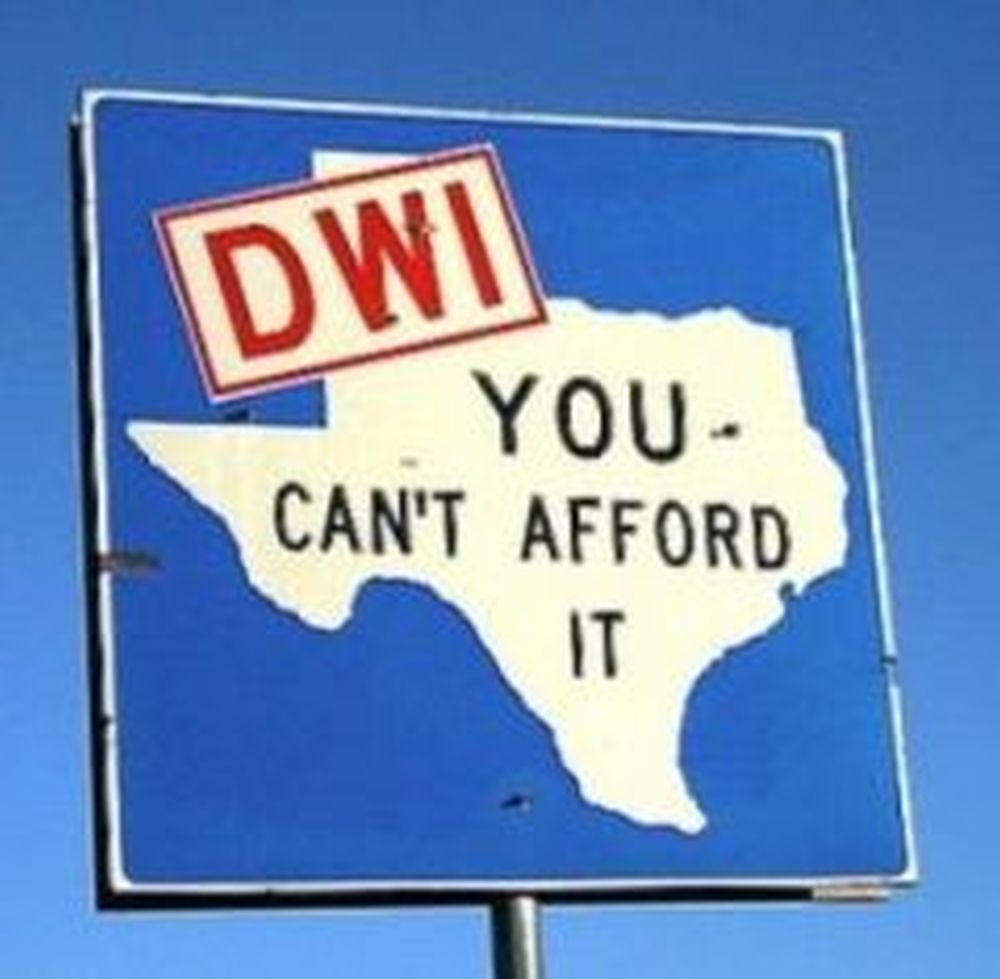When it comes to classic car insurance, you need to understand several vital coverage types. Agreed value coverage can protect your investment from depreciation, while collision coverage addresses accident-related damages. You should also consider liability coverage for incidents involving others. In addition, spare parts coverage is essential for sourcing rare components. Each aspect plays a vital role in safeguarding your classic vehicle, but are you aware of what your specific needs really are?
When it comes to insuring your classic car, understanding your coverage needs is fundamental, especially since these vehicles often appreciate in value rather than depreciate like regular cars. When you're evaluating insurance for your classic ride, you'll need to navigate several types of coverage that cater specifically to the unique challenges of classic car ownership.
The most important type is Agreed Value coverage, which establishes a predetermined value for your car. This agreement protects you against depreciation, ensuring you receive compensation reflective of your vehicle's worth in the event of a total loss. Additionally, this type of coverage is vital for preserving the value of your investment in car insurance.
You'll also want to examine Collision Coverage, which protects your car if you're involved in an accident. This type of coverage is particularly significant for classic cars, as repairs can be costly and specialized.
Extensive Coverage is another aspect to contemplate; it safeguards against non-collision incidents such as theft or natural disasters, which can be substantial risks for a prized classic vehicle. Additionally, Spare Parts Coverage is fundamental, as it covers backup parts if they're stolen or damaged, ensuring that you're not left high and dry when sourcing hard-to-find components.
Liability Coverage is non-negotiable, protecting you against damage or injury inflicted on others. This is particularly important in the event of an accident where you're at fault.
You should also pay attention to the unique features of classic car insurance, such as mileage limitations. Many policies impose restrictions on annual mileage to keep premiums low, so you'll need to be mindful of how often you drive your classic. Most classic cars aren't intended for daily use; rather, they're for leisure or exhibition driving, which aligns well with these policy requirements.
When exploring eligibility criteria, you'll typically need a car that's at least 25 to 30 years old. Additionally, you must have an alternative vehicle for your daily transportation, as classic cars shouldn't be used for commuting or errands. A clean driving record is usually required, along with the understanding that your car should have the potential to appreciate in value over time.
As you assess various insurance providers, evaluate options like Hagerty Insurance, which specializes in restoration and spare parts coverage, or American Collectors Insurance, known for its lack of mileage limits. Safeco Insurance allows for higher mileage limits, while State Farm has stricter requirements.
You might also find that American Modern Insurance offers unlimited mileage and inflation guard, giving you flexibility in your coverage.
Cost considerations are another crucial aspect, as classic car insurance tends to be more affordable than standard policies. You'll typically find annual premiums range from $200 to $600, with options for bundling policies to save further.
Additionally, you can choose policies with low or no deductibles, and adjust coverage as your car's value increases. With specialized add-ons like international coverage, auto show liability, and roadside assistance, you can customize your policy to meet your exact needs.
Ultimately, understanding these coverage elements will help you protect your investment and enjoy your classic car with peace of mind.
Conclusion
In summary, understanding your classic car insurance coverage needs is vital for protecting your investment. Did you know that classic car values have appreciated by an average of 400% over the last 10 years? With agreed value coverage, collision protection, and liability options, you can guarantee your cherished vehicle remains safeguarded against unforeseen incidents. By selecting the right coverage, you can enjoy your classic car with confidence, knowing you're well-protected on the road.

